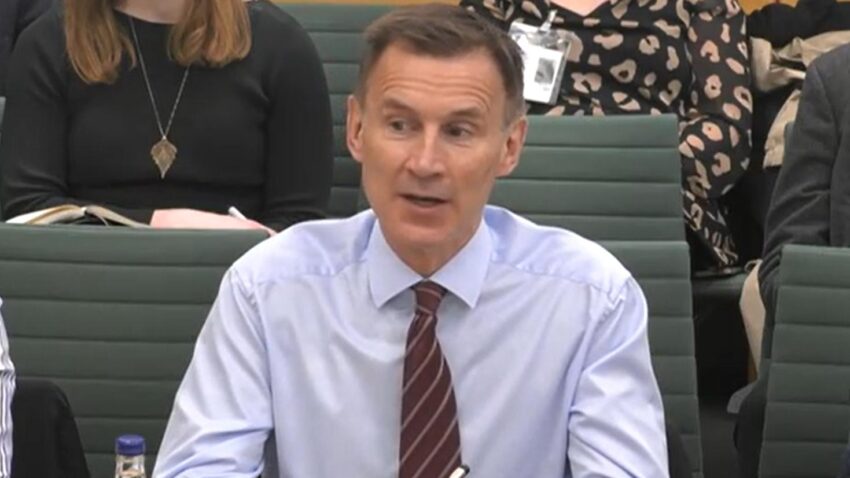The UK economy is suffering from a 1970s-style “British disease” that means inflation will not fall back to the Bank of England’s 2 per cent target until after 2027, a think tank has warned.
The National Institute of Economic and Social Research (NIESR) said the economy had suffered from five years of “lost economic growth”, with stubbornly high inflation and semi-permanent government deficits expected in the foreseeable future.
Jagjit Chadha, director of the institute, Britain’s oldest independent economics think tank, said the country’s woes had led to the “re-emergence of the British disease” — a reference to the stagflationary trap of the 1970s, when the term was coined.
“Growth is not going to go materially beyond its pre-Covid peak over the forecast horizon,” he said, making the UK an outlier among developed economies. The institute’s latest quarterly forecast said that the economy would only reach its pre-pandemic size late next year, marking a five-year streak of lost economic growth and the longest since the aftermath of the global financial crisis.
Headline consumer price inflation is not projected to hit the Bank’s 2 per cent target in the next four years, according to the institute, with inflation averaging 2.2 per cent in 2027. That is far worse than the Bank’s own estimates, which suggest inflation will drop to the 2 per cent level at the start of 2025.
By the end of this year headline inflation, which is currently at 7.9 per cent, will decline to 5.2 per cent, according to the institute, just hitting Rishi Sunak’s target of halving it over the course of 2023. Inflation will then end next year at 3.9 per cent, NIESR forecasts.
The projection for persistent inflation is based on wage growth sticking above 6 per cent this year and next, and food price inflation, which hit a 30-year high in March, declining slowly from a peak of 17 per cent. The UK’s labour market is expected to remain resilient, despite higher interest rates, with the unemployment rate peaking at 5.1 per cent in 2025 against the current 4 per cent, the institute said.
Chadha warned that despite record numbers in work, the country was still on course to post consistent budget deficits over the coming years. “The UK is regularly running a fiscal deficit, which is constraining fiscal policy,” he said. “We have to ask hard questions of any incoming government on how to generate growth if there is no fiscal space.”
Stephen Millard, deputy director at the institute, said there was no room for pre-election tax cuts, which would “create an economic boom that would end very badly”.
The UK is still on course to narrowly avoid a recession, with growth expanding by 0.4 per cent this year and 0.3 per cent in 2024. Leaza McSorley, senior research manager at NIESR, said this projection was subject to downside risks should the Bank raise interest rates too high. The institute expects the base rate to peak at 5.5 per cent from the current 5.25 per cent.


